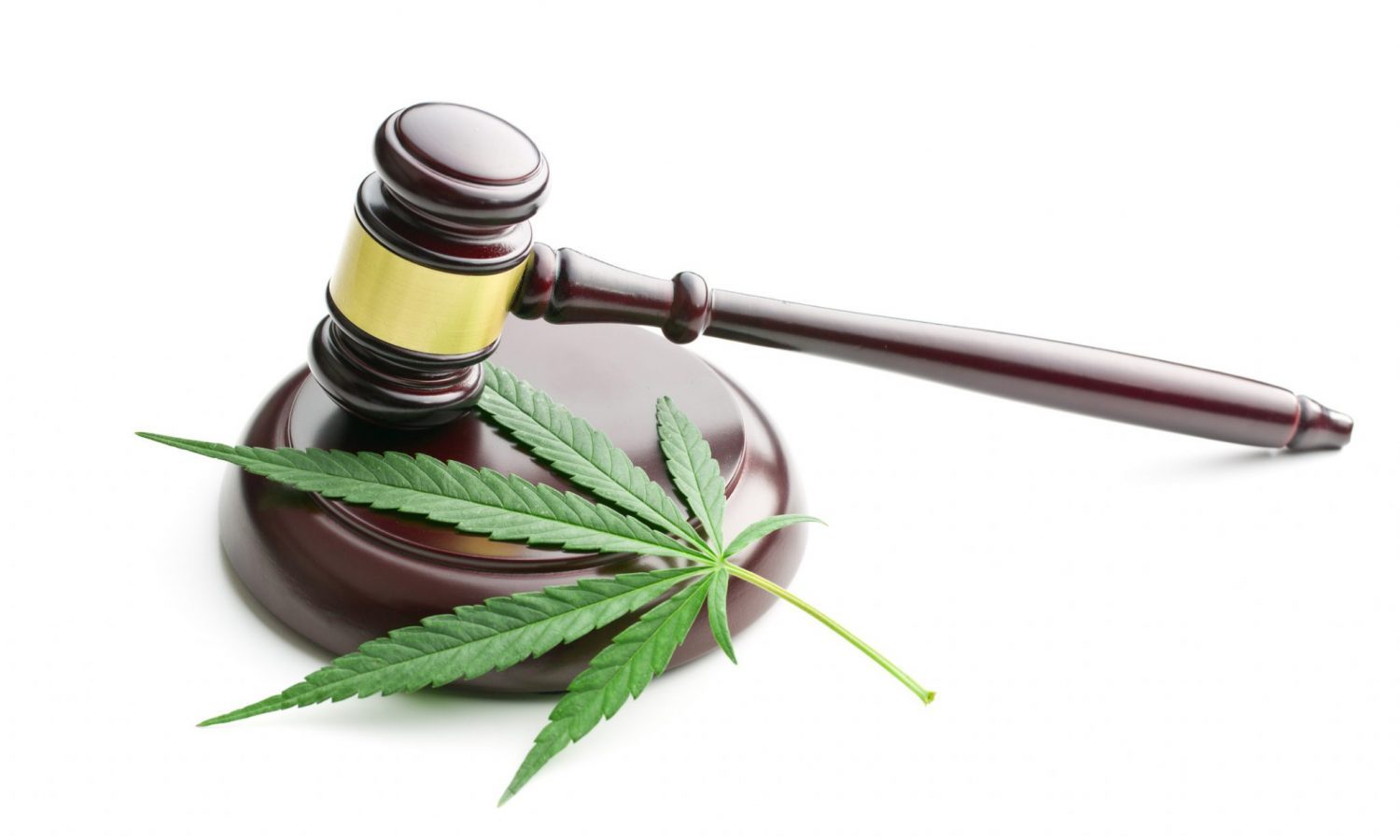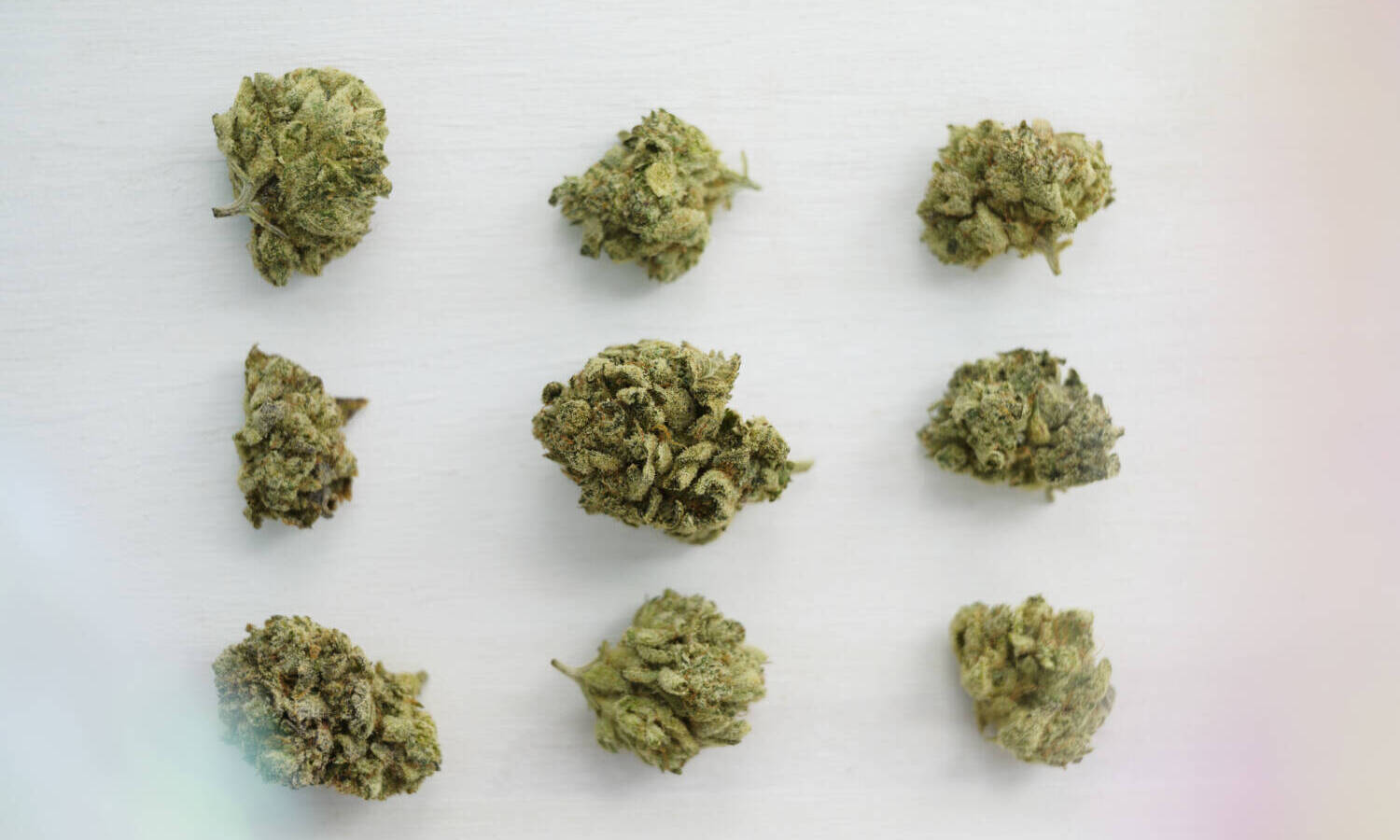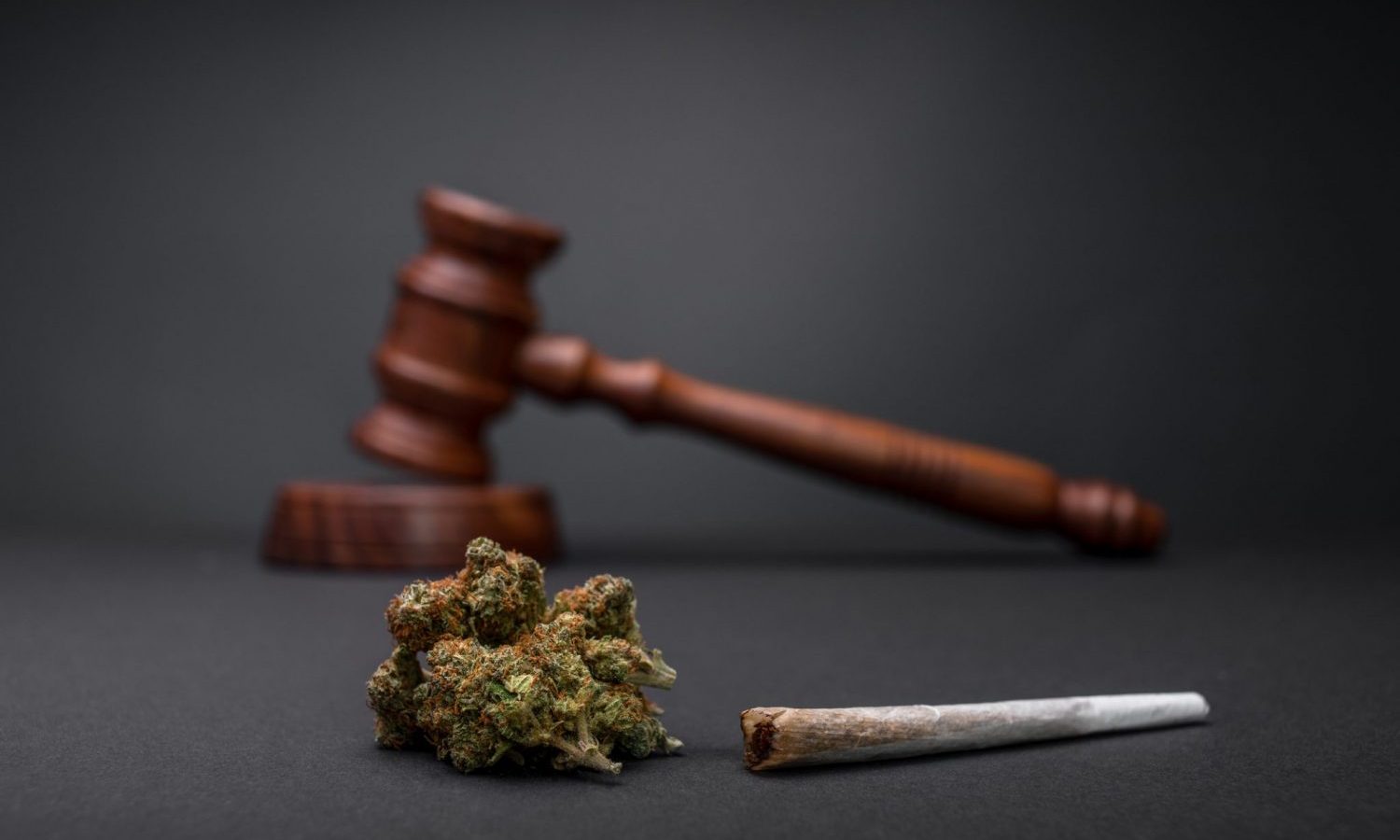There’s no shortage of lawyers ready and eager to file suit on behalf of aggrieved customers, particularly since both lab testing and potency labeling are required by state regulations in California.
There’s been a spike recently in lawsuits filed against cannabis companies that have allegedly been inflating THC potency numbers on products they’re selling, ostensibly to appeal to consumers looking for the strongest cannabis they can find.
At least five such suits have been filed just since October, all potential class actions, all still active, all near-carbon copies of each other, and all by the same Southern California law firm — Dovel & Luner LLP:
- Jasper Centeno v. DreamFields Brands Inc., which alleges that the parent company of “Jeeter” brand products overestimated the THC content by 70%-100%, according to a press release. The case was filed Oct. 20 in Los Angeles County Superior Court.
- Rocky Willeford v. Greenfield Organix Inc. and LPF JV Corporation, which alleges that the makers of the “King Roll” brand of pre-rolled joints were “systematically overstating the THC content to deceive consumers,” according to a press release. The case was filed Oct. 28 in Monterey County Superior Court.
- Shanti Gallard v. Ironworks Collective and STIIIZY LLC, which alleges that pre-rolls sold by the company and labeled as having 50% THC or higher only contained 33-34% THC. The case was filed on Dec. 6 in L.A. County Superior Court.
- Aaron Argueta v. V.O. Leasing Corp., which alleges that some of the Presidential brand of pre-rolled joints advertised as having over 50% THC actually contained 19-21% THC. The case was filed Dec. 7 in L.A. County Superior Court.
- Buntarn Lun v. Lowell Farms Inc. and Cypress Manufacturing Company, which alleges that the Lowell Smokes brand of pre-rolls advertised as having 38% THC actually contained 18-21% THC. The case was filed Dec. 14 in L.A. County Superior Court.

“Consumers are willing to pay more for cannabis products with higher THC content, and expect to pay less for cannabis products with lower THC content,” Christin Cho, one of the attorneys leading all five cases, said in a news release.
RELATED: Could Residency Lawsuits Upend Social Equity In Cannabis?
“We look forward to holding defendants accountable for their actions,” Cho added.
Indeed, Cho’s firm specializes in class action lawsuits and states on its website that most such cases wind up settling out of court and never make it to trial.
Which means all of the companies that Cho is targeting can expect – at the very least – fairly significant legal pressure to pay out significant sums to make these cases disappear. The primary question is likely how much it will take to satisfy the plaintiffs in these cases, and just how much ammunition Cho and her clients may have to use as leverage during settlement negotiations.
RELATED: Are Bad Actors In Cannabis On The Decline?
Bottom line: There’s no shortage of lawyers ready and eager to file suit on behalf of aggrieved customers, particularly since both lab testing and potency labeling are required by state regulations in California.

And the problem of both mislabeling and lab shopping for desired — though inaccurate — potency results is rampant, particularly in California, the suits allege.
This makes all of these cases cautionary tales for other manufacturers who may be tempted to also inflate their numbers so as to appeal to customers looking for the strongest high. Depending on the margins, the risk of a class action suit might not be worth the sales bump.


